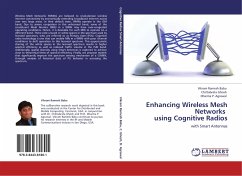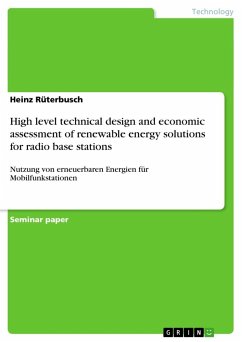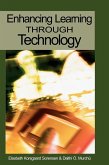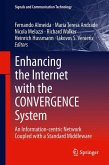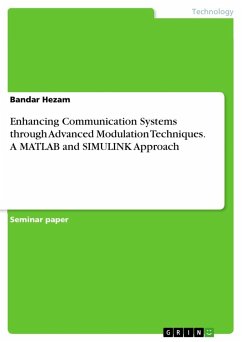The book discusses multiple base stations(BSs) approach in wireless sensor networks(WSN). Firstly, We focus on the fundamental question concerning the limits on the network(NW) lifetime in WSN. We derived upper bounds on the NW lifetime when multiple BSs are deployed along the boundary of the sensing field. We obtained optimal BSs locations that maximize the lifetime bounds. In a rectangular region, we obtained closed-form expressions of lifetime bound and optimal BSs location for single BS and two BSs. For more BSs, obtaining joint optimal BSs location is prohibitively complex. Therefore, we propose less complex sub-optimal approach. We also validated the results using rigorous simulation. Next, we proposed energy efficient low-complexity algorithms algorithms for placement of multiple mobile BSs in WSN. We developed algorithms to dynamically choose the BSs locations to improve network lifetime. We showed that these algorithms enhances lifetimes and amount of data delivered compared to single BS scenario as well as multiple static BSs scenario. We also briefly show that employing cooperative diversity enhances lifetime of WSNs.
Bitte wählen Sie Ihr Anliegen aus.
Rechnungen
Retourenschein anfordern
Bestellstatus
Storno


